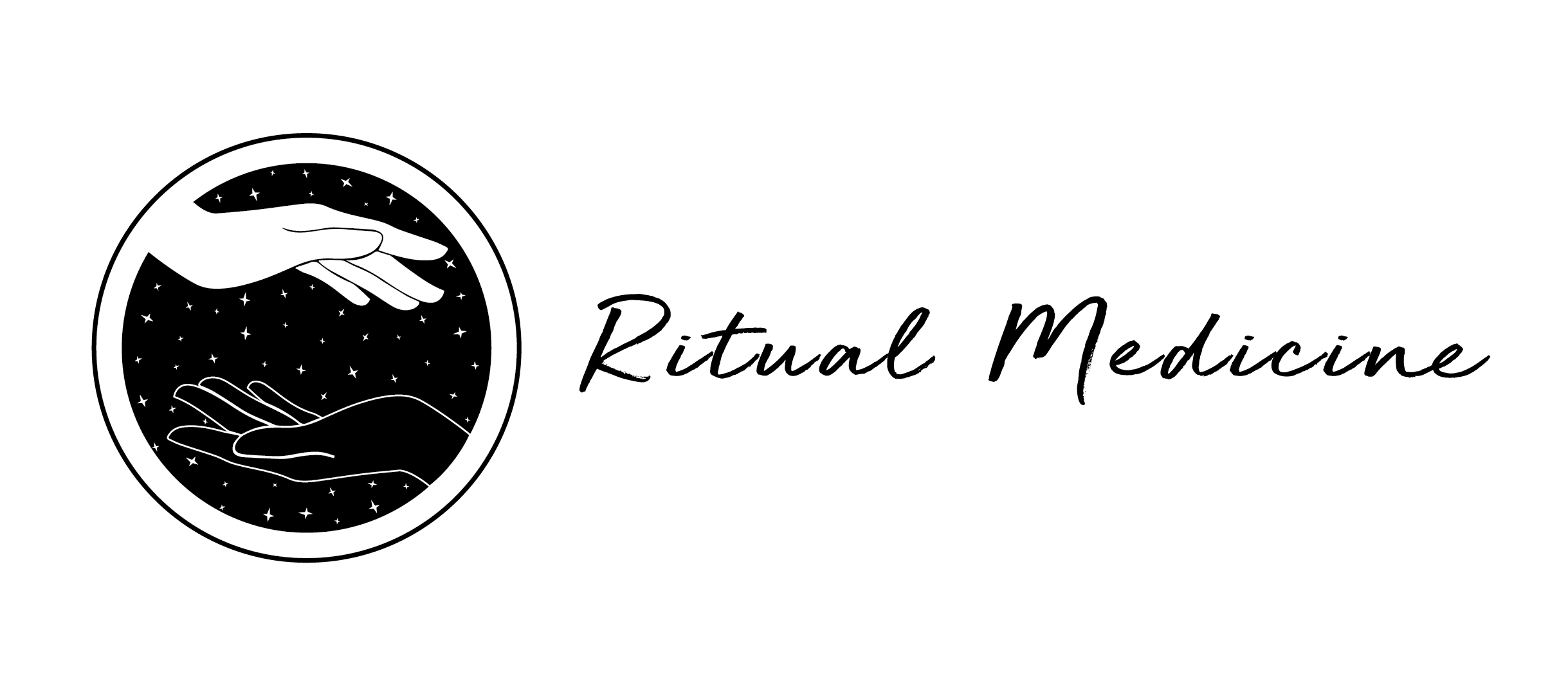
Magnesium is the fourth most abundant mineral in the body.
Typically, if eating a healthy diet, you should be consuming your daily intake of magnesium. Occasionally due to poor absorption through the digestive tract or over use of other supplements your body will have lowered levels of this mineral. It is estimated that 70-80% of adults (more often women) have a magnesium deficiency.
What are some of the signs you may be deficient in magnesium?
- hypertension and cardiovascular disease
- kidney and liver damage
- migraine headaches
- restless leg syndrome
- worsened PMS symptoms
- behavioral disorders and mood swings
- insomnia and trouble sleeping
- osteoporosis
- tooth cavities
- muscle weakness and cramps
There are many different forms of magnesium supplements.
The absorption rate and bioavailability depends on the form and dosage you take. Occasionally magnesium consumed in a large quantity can loosen the stools. To find one that is suitable for you, check in with your health care provider.
You can also find magnesium in foods such as whole grains, leafy greens (spinach and chard are great), almonds, cashews, and avocados to name a few! Unfortunately due to modern farming practices levels of magnesium in food is becoming less and less. It is best to stick to organic is possible as practices such as using pesticides or not rotating crops diminish the nutrients in the soil.
What can magnesium help you with?
- Calming the nerves
- Helps increase energy
- Treats insomnia and improves sleep quality
- Relieves constipation by relaxing the digestive muscles
- Relaxes tense and sore muscles
Curious if magnesium can help you?
Call +1 (778) 717-2001 now to book your initial consultation with me.

